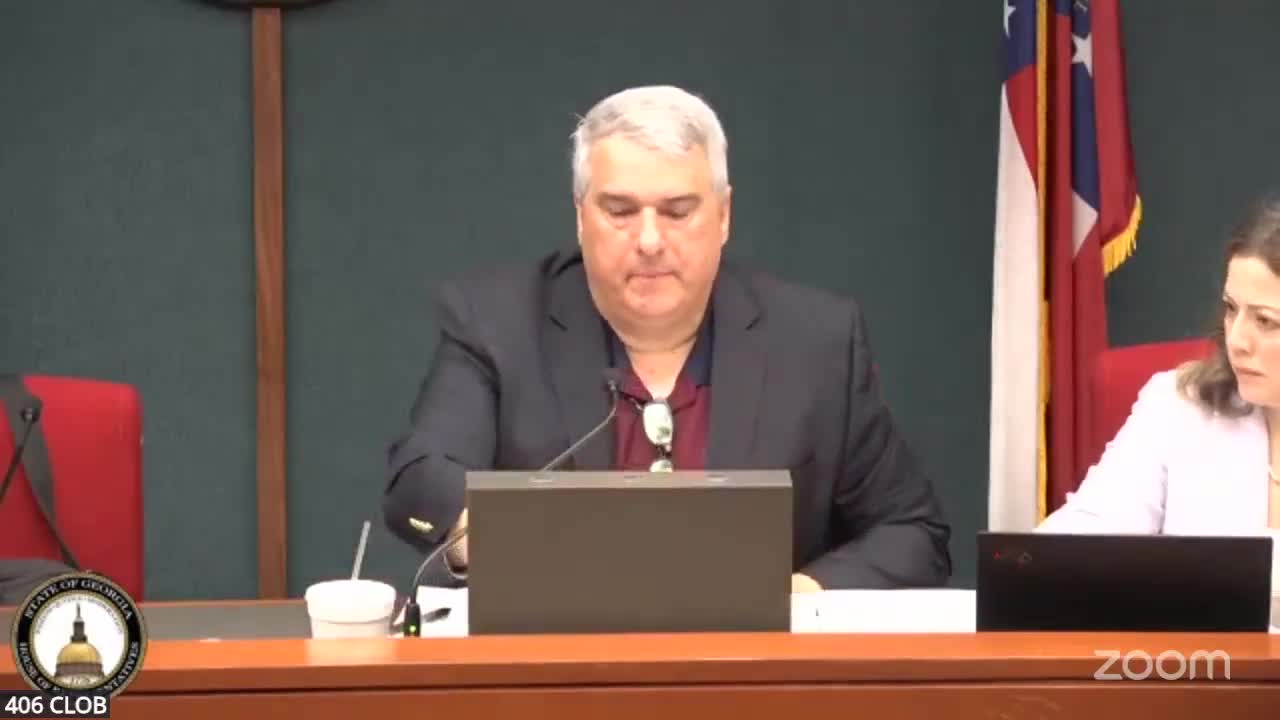Article not found
This article is no longer available. But don't worry—we've gathered other articles that discuss the same topic.

Committee extends study on educator high‑needs program; sponsor seeks local control over high‑need designations

Committee opens study on multiple legislative‑retirement proposals, including equalization and benefit increases

